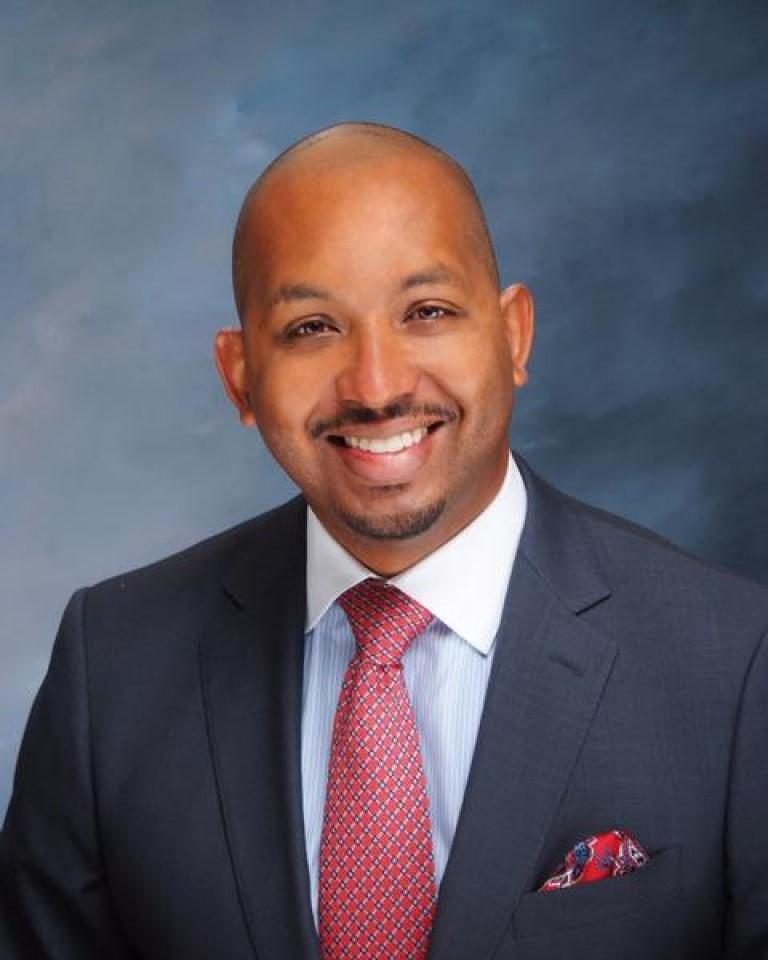Miguel Ramirez

ALUMNI SPOTLIGHT | AUGUST 2016
KU major: Genetics, Class of 2004
Current occupation: Orthopaedic Surgeon, Assistant Professor at University of Illinois
Mentors while at KU: Paul Hanson and Dean Stetler
Q: Describe the undergraduate research experience that you had while at KU:
A: While at KU, I took part in several research activities. I started with Dr. Dean Stetler working in his lab as part of an NSF-REU program in which I was introduced to genetics research and general biology lab techniques. I subsequently began work in the chemistry department and spent the rest of college performing organic synthesis research with Paul Hanson. I spent one summer as part of a K-Brin program and finally through a couple of KU UGRA awards.
Q: What do you think was the most important thing you learned while doing undergraduate research?
A: The most important thing that I learned was the scientific method--I learned to question what we consider "truth". I learned that any research study can be created to prove preconceived notions of outcomes, so I think these years were very formative for me to learn that I have to critically analyze science and draw the appropriate conclusion from the available science.
Q: What advice do you have for undergraduates who might be interested in doing creative work?
A: I would tell them that WHO they work for is much more important at this stage than WHAT they work in. What I mean by that is that at first, I wanted to find someone that was doing research that I thought would be the most impressive to make it to the next step. In doing that I came across barriers and frankly bad mentors. What made the difference for me was finding the right mentor that took an interest in me as a researcher and taught me about science. I never thought about chemistry again after I left KU and frankly don't remember at all the focus of my research in that chemistry lab, but every single day I use the skills I learned there. It was the mentor that made the difference in my life, not the research subject.
Q: Do you use any of the skills or perspectives gained doing research in your current occupation? How so?
A: Every day I use skills that I learned from doing research as an undergraduate. In the operating room, every case is a problem-solving task that requires attention to detail and follow a process, much like doing experiments in the lab. In the clinic, every patient is a small experiment--you have a hypothesis of what the diagnosis is, you test it with physical exams and labs, and you present the conclusions to the patients. Finally, in my academic career, I learned how to put together a research powerpoint from Dr. Hanson--I still use those skills today. I also learned from him how to put an academic poster together--I still do it the same way today.
Q: Many undergraduates are making decisions about what to do after they graduate from KU. Having been in those shoes, what do you know now that you wish you’d known then? Do you have any advice?
A: I wish I would have known earlier that research doesn't have to be a career--it can be a hobby. What I mean is that when I was finishing undergraduate, I could be a physician or a scientist, or if I was crazy enough be MD/PhD, which really meant a PhD that knew a little about medicine but never practiced it. So when I graduated and decided pre-med, I basically stopped thinking about doing serious research. It wasn't until years later that I found that to do research, you don't have to have a PhD, you just have the desire to do it. If you are interested, you can do it. I've written close to 30 papers and presented nationally and never had this been part of my job--I've always done this "on the side." I just truly like research--it keeps me thinking. Therefore, don't feel like you have to choose between being a researcher and not--you can decide to do something else with your life besides being 100% academician and still be able to perform research if you find it interesting.